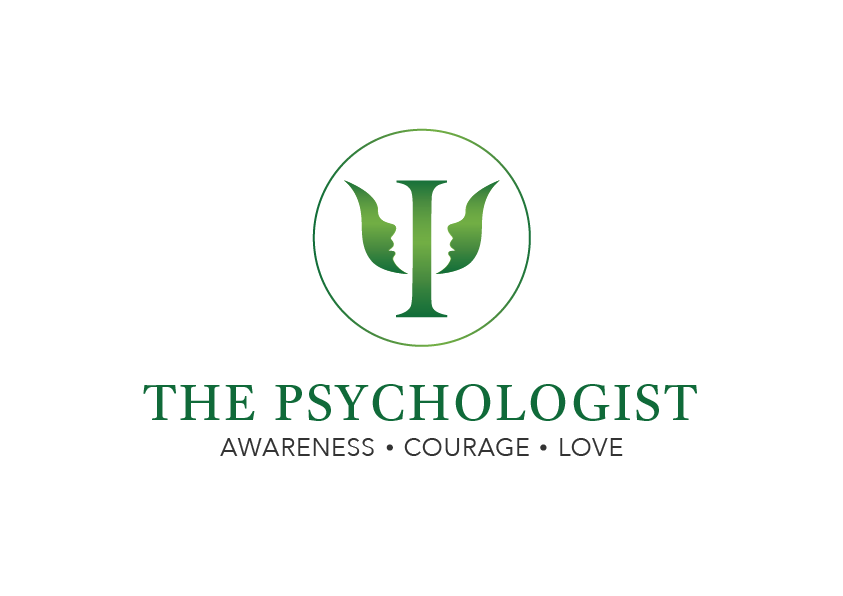Riding the Waves: Living with Bipolar Disorder
In the span of six months, Daniel launched a startup, wrote a book, and planned an impulsive overseas trip. Friends admired his energy, but weeks later, he could barely get out of bed, overcome by despair. What they didn’t see were the sleepless nights, racing thoughts, and a crushing sense of guilt when his momentum collapsed. Eventually, Daniel was diagnosed with bipolar disorder, and for the first time, his highs and lows made sense.
Bipolar disorder is more than mood swings. It's a complex mental health condition that affects how a person feels, thinks, and functions. In Singapore, an estimated 1.2% of adults may live with bipolar disorder, yet many go undiagnosed for years . Understanding the condition is the first step toward supporting yourself or someone you care about.
What Is Bipolar Disorder?
Bipolar disorder is marked by episodes of:
Mania (or hypomania): Elevated mood, high energy, reduced need for sleep, impulsive behaviour, and grandiose ideas.
Depression: Persistent sadness, fatigue, feelings of hopelessness, loss of interest in activities, and thoughts of death or suicide.
There are different types:
Bipolar I: At least one manic episode, often alternating with depressive episodes.
Bipolar II: Hypomanic (less intense) episodes alternating with depression.
Cyclothymia: Milder but chronic mood fluctuations.
Causes and Risk Factors
The exact cause is unknown, but it is believed to involve:
Genetics: A family history increases risk.
Brain chemistry: Imbalances in neurotransmitters like dopamine and serotonin.
Environmental stressors: Trauma, chronic stress, or major life changes may trigger episodes.
Bipolar disorder typically emerges in late teens to early adulthood, though diagnosis may come much later — especially if early symptoms were misunderstood or masked .
Myths and Misconceptions
Myth: Bipolar disorder is just mood swings.
Fact: Bipolar moods are intense, sustained, and can severely disrupt daily life.
Myth: People with bipolar disorder are unpredictable or dangerous.
Fact: With support and treatment, many live stable and fulfilling lives.
These misconceptions contribute to stigma, delaying diagnosis and care. Raising awareness helps replace fear with understanding.
Hope Through Treatment
Bipolar disorder is a lifelong condition, but recovery is possible with the right support. Treatment typically includes:
Medication: Mood stabilisers, antipsychotics, or antidepressants.
Psychotherapy: Cognitive Behavioural Therapy (CBT), Interpersonal and Social Rhythm Therapy (IPSRT), psychoeducation, and family-focused therapy.
Lifestyle strategies: Consistent routines, sleep hygiene, and avoiding alcohol or drugs.
At The Psychologist, we’ve seen how courage — to seek help, accept support, and learn new ways of coping, can transform lives.
The Role of Caregivers
Family and friends play a vital role in recovery:
Learn to recognise warning signs of mood changes.
Encourage treatment and medication adherence.
Offer empathy, not judgement.
Set healthy boundaries to avoid burnout.
Supporting someone with bipolar disorder is a journey. But with love, that journey doesn’t have to be lonely.
Self-Care and Coping
For those with bipolar disorder:
Track your moods with a journal or app.
Stick to a routine, especially around sleep.
Build a support system — you don’t have to do this alone.
Seek professional help when things feel unmanageable.
Moving Forward
Like Daniel, many live for years without a diagnosis, often feeling like their lives are either “too much” or “not enough.” But bipolar disorder is not a character flaw — it’s a medical condition that can be managed. With the right care and understanding, stability is possible. You are not broken. You are not alone.
Start your journey with us. Visit www.thepsychologist.com.sg or connect with a trusted psychologist below.
